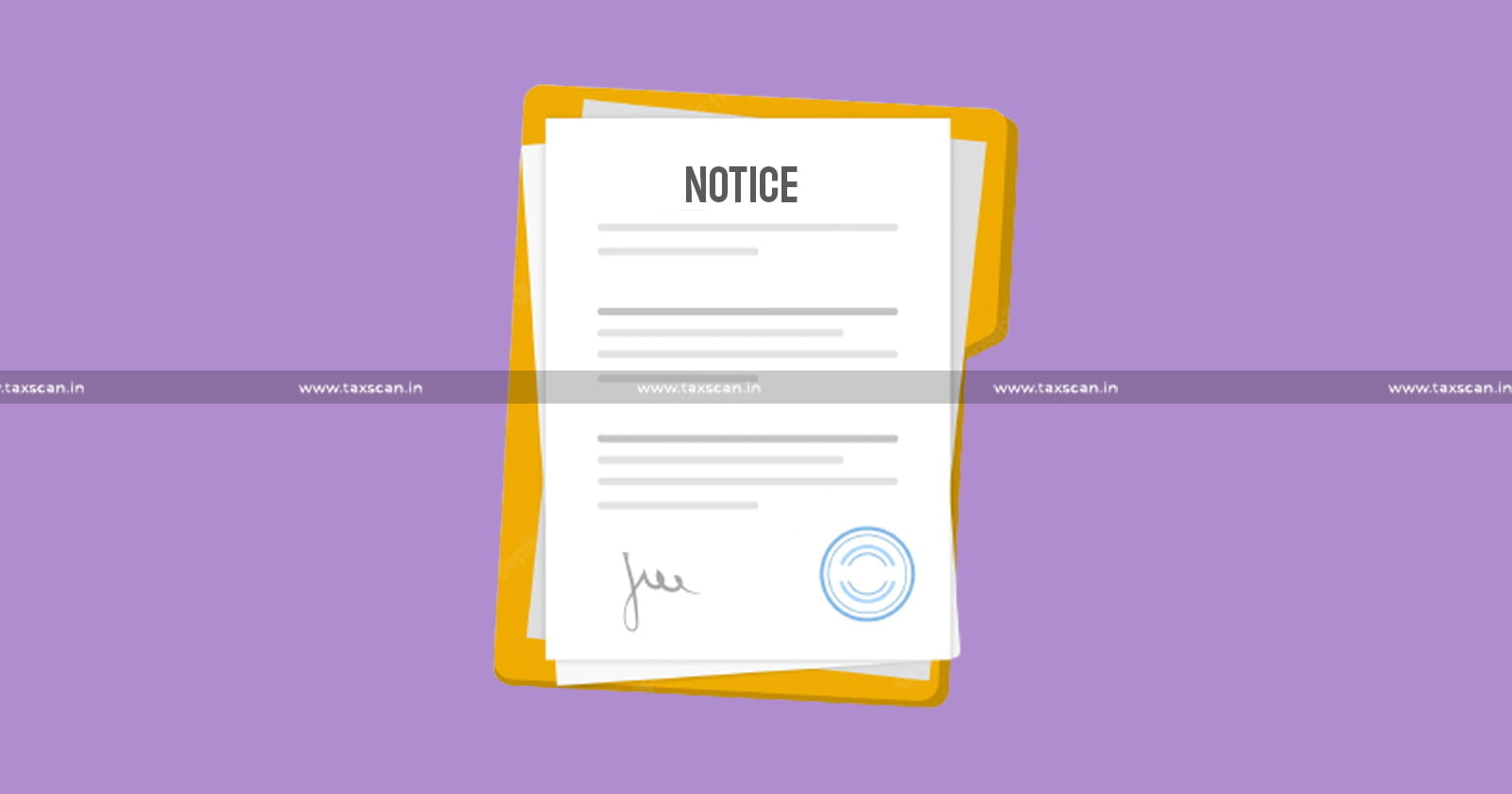Parallel Reassessment Proceedings Invalid: Delhi High Court quashes Second S.148 Income Tax Notice as Void [Read Order]
The High Court declared the second notice under Section 148 of the Income Tax Act, 1961, both time-barred and procedurally invalid
![Parallel Reassessment Proceedings Invalid: Delhi High Court quashes Second S.148 Income Tax Notice as Void [Read Order] Parallel Reassessment Proceedings Invalid: Delhi High Court quashes Second S.148 Income Tax Notice as Void [Read Order]](https://images.taxscan.in/h-upload/2025/10/29/2100841-delhi-high-court-income-tax-notice-reassessment-proceedings-taxscan.webp)
The bench of the Delhi High held that reassessment proceedings initiated through a second notice under Section 148 of the Income Tax Act, 1961 were invalid, being both time-barred and constituting impermissible parallel proceedings. The Court ruled that such reassessment could not survive when prior proceedings had already been initiated and later abated under Section 153C of the Act.
The petitioner, Pratishtha Garg, had filed her return of income for the Assessment Year (A.Y.) 2016-17 on 30.07.2016. Subsequently, on 23.06.2021, the Assessing Officer (AO) issued a notice under Section 148 of the Income Tax Act, 1961 seeking to reopen the assessment.
Following multiple challenges before various High Courts regarding similar notices issued after 31.03.2021 under the old reassessment regime, the Supreme Court in Union of India & Ors. v. Ashish Agarwal (2023) directed that such notices be treated as those issued under Section 148A(b) of the Act. Accordingly, the AO treated the notice issued on 23.06.2021 as one under Section 148A(b).
Later, a notice under Section 153C of the Act was also issued on 29.06.2022 based on material allegedly found during a search in the case of Alankit Group. The petitioner filed returns in response. However, despite ongoing proceedings under Section 153C, the AO issued another notice under Section 148 on 14.07.2022 (“second Section 148 notice”), initiating parallel reassessment proceedings for the same A.Y.
 Also Read:Second notice issued u/s 148 of Income Tax Act without disposing return filed to first notice is not valid: Calcutta HC [Read Order]
Also Read:Second notice issued u/s 148 of Income Tax Act without disposing return filed to first notice is not valid: Calcutta HC [Read Order]
The petitioner objected to the second notice, contending that it was both beyond the period of limitation and not sanctioned by the competent authority under Section 151. While the AO later dropped proceedings under the latest notice dated 14.08.2024 under Section 148A(b), he simultaneously revived the earlier abated proceedings arising from the second Section 148 notice, prompting the present writ petition.
Represented by Sumit Lalchandan, Salil Kapoor, Tarun Chanana, and Ananya Kapoor, the petitioner contended that the second Section 148 notice was invalid as it was beyond the prescribed limitation period of four years from the end of the relevant A.Y. under the regime applicable prior to 31.03.2021.
It was submitted that the AO had illegally revived abated proceedings, resulting in parallel assessments, which are impermissible in law. It was further argued that the notice lacked the mandatory approval of the competent authority under Section 151 of the Act.
Represented by Gaurav Gupta, Shivendra Singh and Yojit Pareek, the Revenue submitted that the second Section 148 notice could not be treated as non est because, under Section 153A, proceedings abated by virtue of search-based assessments automatically revive if the search-based proceedings are dropped.
It was argued that the limitation for issuing a notice under Section 148 was six years from the end of the relevant A.Y. and therefore, the impugned notice was within time.
 Also Read:ITAT Quashes S.148 Notices Due to Invalid Sanction and Failure to Satisfy S. 149(1)(b) Conditions [Read Order]
Also Read:ITAT Quashes S.148 Notices Due to Invalid Sanction and Failure to Satisfy S. 149(1)(b) Conditions [Read Order]
The bench of Justice Vibhu Bakhru and Justice Tejas Karia observed that the second reassessment proceedings were “ex facie illegal” since they amounted to initiating parallel assessments for the same assessment year, which is impermissible.
The Court further ruled that since the first Section 148 notice issued on 23.06.2021 was within the limitation period extended under the Taxation and Other Laws (Relaxation and Amendment of Certain Provisions) Act, 2020 (TOLA), any subsequent notice issued beyond that period would be time-barred.
Referring to its earlier ruling in Ram Balram Buildhome Pvt. Ltd. v. Income Tax Officer & Anr. 2025, the Court reaffirmed that any reassessment notice issued beyond the statutory period of limitation is void ab initio.
Consequently, all proceedings arising out of the second Section 148 notice were set aside.
Thus, the petition was allowed.
Support our journalism by subscribing to Taxscan premium. Follow us on Telegram for quick updates


